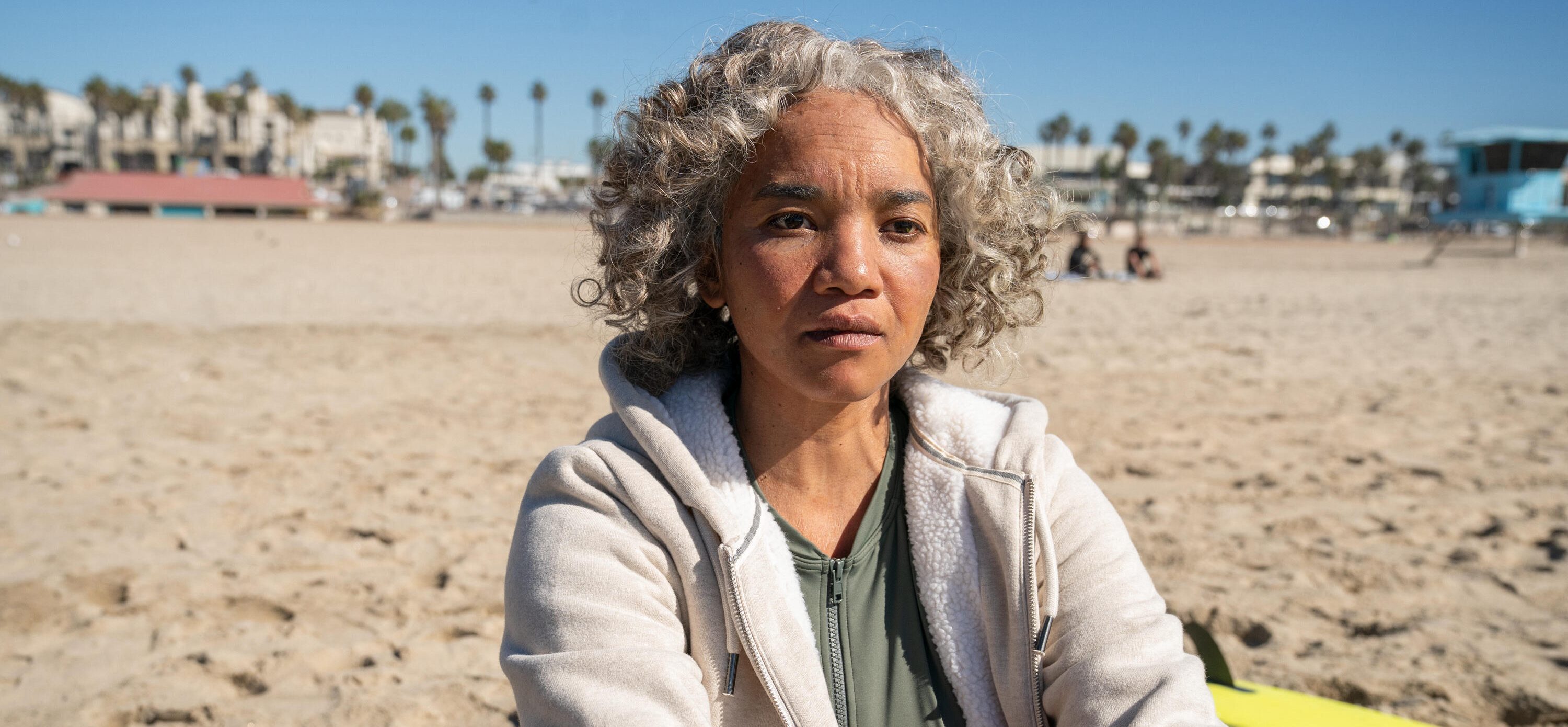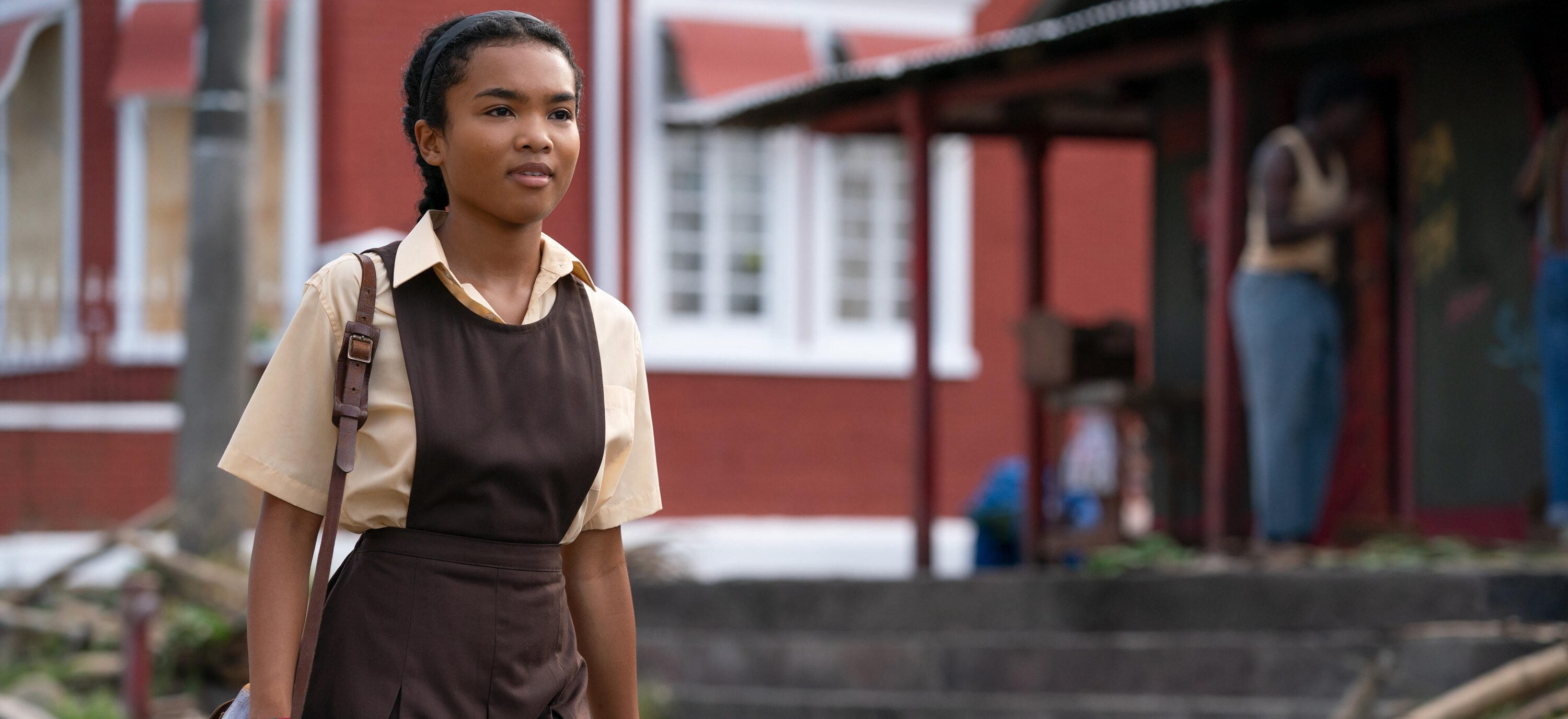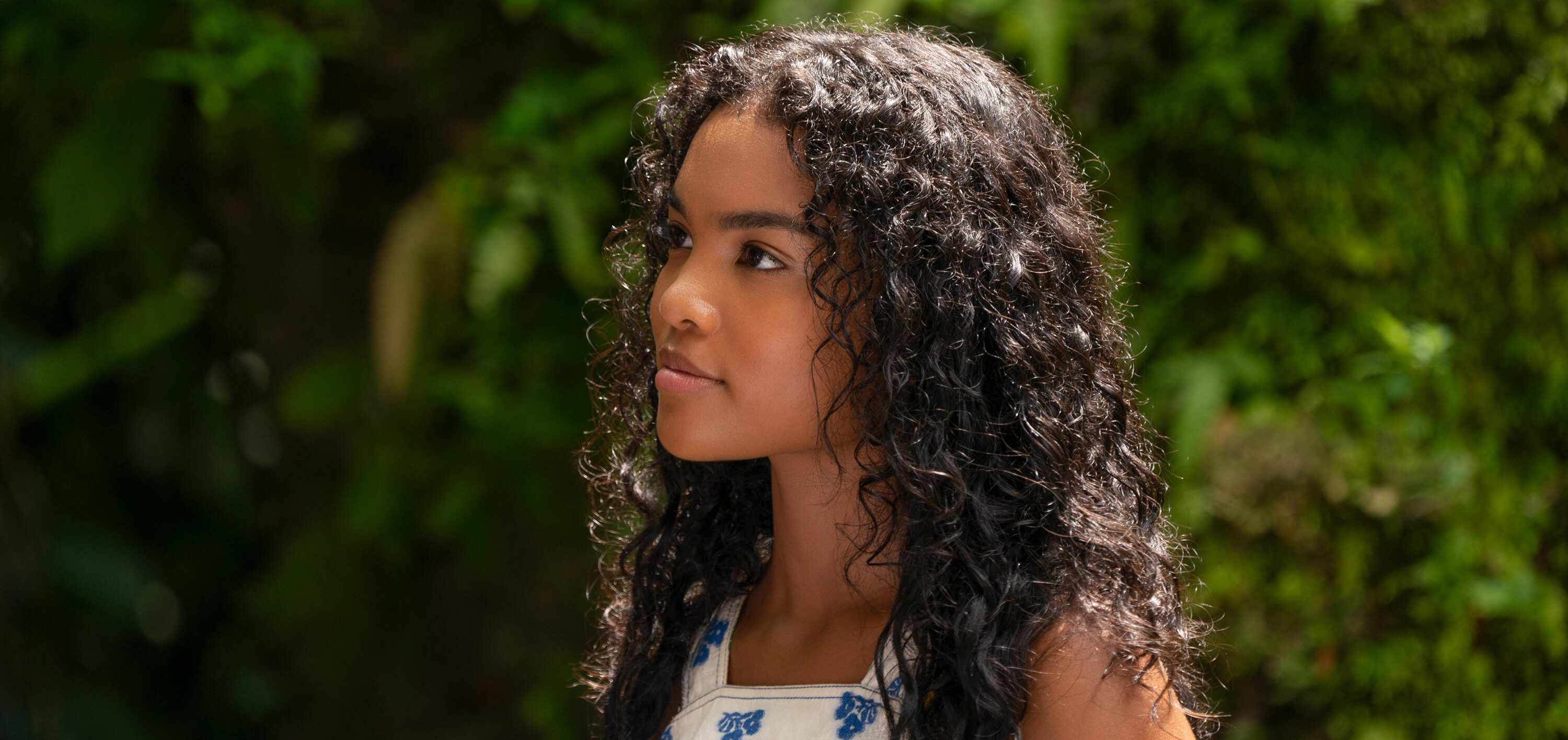Hulu’s historical series ‘Black Cake’ follows the life of Covey, a Caribbean girl who runs away from Jamaica to England when she becomes a suspect in a murder investigation. After reaching England, she assumes the identity of her late friend Eleanor Bennett until her death. After her demise, her two children learn about her past through a series of voice recordings created by their mother to inform them about their identity and culture. The mystery series weaves the story of Covey/Eleanor realistically, making us intrigued about the real-life connections of her saga. Upon diving into the show’s origins, here’s what we can share about the same!
The Real-Life Roots of the Black Cake
‘Black Cake’ is not based on a true story. The series is a television adaptation of Charmaine Wilkerson’s eponymous novel. Although Wilkerson’s work is not autobiographical, her Caribbean roots played a significant role in the creation of the work of fiction. Like Covey, the author’s mother was born and raised in Jamaica in the West Indies. The protagonist of her novel and her mother have one more connection: both of them baked remarkable black cakes. “Without a doubt, I would not have imagined this story if I hadn’t been born to a woman who made a legendary black cake,” the author told Eater about the significance of the black cake.

Wilkerson connects her novel and its characters to her Jamaican roots through the black cake, which symbolizes her identity. “A few years before I wrote this novel, a younger member of my family asked me for my mother’s black cake recipe, and I was surprised that he would think to ask. This started me musing about what we choose to hold close to our hearts and how we inherit our identities, through food or other cultural markers,” the author told Parade about how the cake inspired her to write the novel. Like the cake takes Wilkerson back to her culture, the same leads Covey/Eleanor’s children, Byron and Benny, to their mother’s roots in the novel.
A Walk Back to the Roots
Wilkerson considers the black cake as a symbol of Caribbean tradition and identity. Her protagonist Covey/Eleanor wants her children to regard the cake the same way. Byron and Benny return to their cultural origins and real identity through the cake and their mother’s voice recordings the same way Wilkerson walks back to her ancestors through the dessert her mother used to make. “I do a lot of thinking about identity, and our concepts of home and family. I am fascinated by how stories that are handed down from one generation to another help us to develop a sense of identity, and how those ideas can shift over time, especially when new stories come to the fore,” the author added in the same Parade interview.
Byron and Benny, in the novel, are gaining the same sense of identity after the demise of Covey/Eleanor. After being in the dark about it throughout their lifetime, Eleanor’s revelations enable them to place themselves in the Caribbean culture of their mother.
Black Cake and the Colonial History
Despite being works of fiction, Wilkerson’s novel and Marissa Jo Cerar’s adaptation dive into the history of colonization and racism associated with Caribbean lives. From Covey getting raped and exploited by her employer to Gibbs’ fight against racism in England, the narrative provides a brutally honest look at the lives of Caribbeans in the twentieth century. Covey’s best friend Bunny Pringle hiding her queer identity opens a window to the homophobia that was present in the period as well. These struggles, which have an enormous number of real-life parallels, make ‘Black Cake’ authentic.

In the novel and the show, we can see the characters embracing their identity and dealing with its consequences, which makes them true to life. “Most of the people in this book are perfectly comfortable with their sense of identity — they have a sense of who they are, and they’re not trying to change it. But they struggle against other people’s expectations of them. I think that’s something that a lot of us can relate to,” Wilkerson told Goodreads.
Wilkerson was heavily inspired by her own family to create ‘Black Cake.’ “My novel is not autobiographical, but the emotional currents that run through any work of fiction often link back to real-life emotions we have experienced, or heard about, or read of,” the author said about the same, as per Elle. She integrated these bits and pieces of inspiration into a fictional narrative that employs the structure of a murder mystery to create her work.
Read More: When and Where Does Black Cake Take Place?


You must be logged in to post a comment.